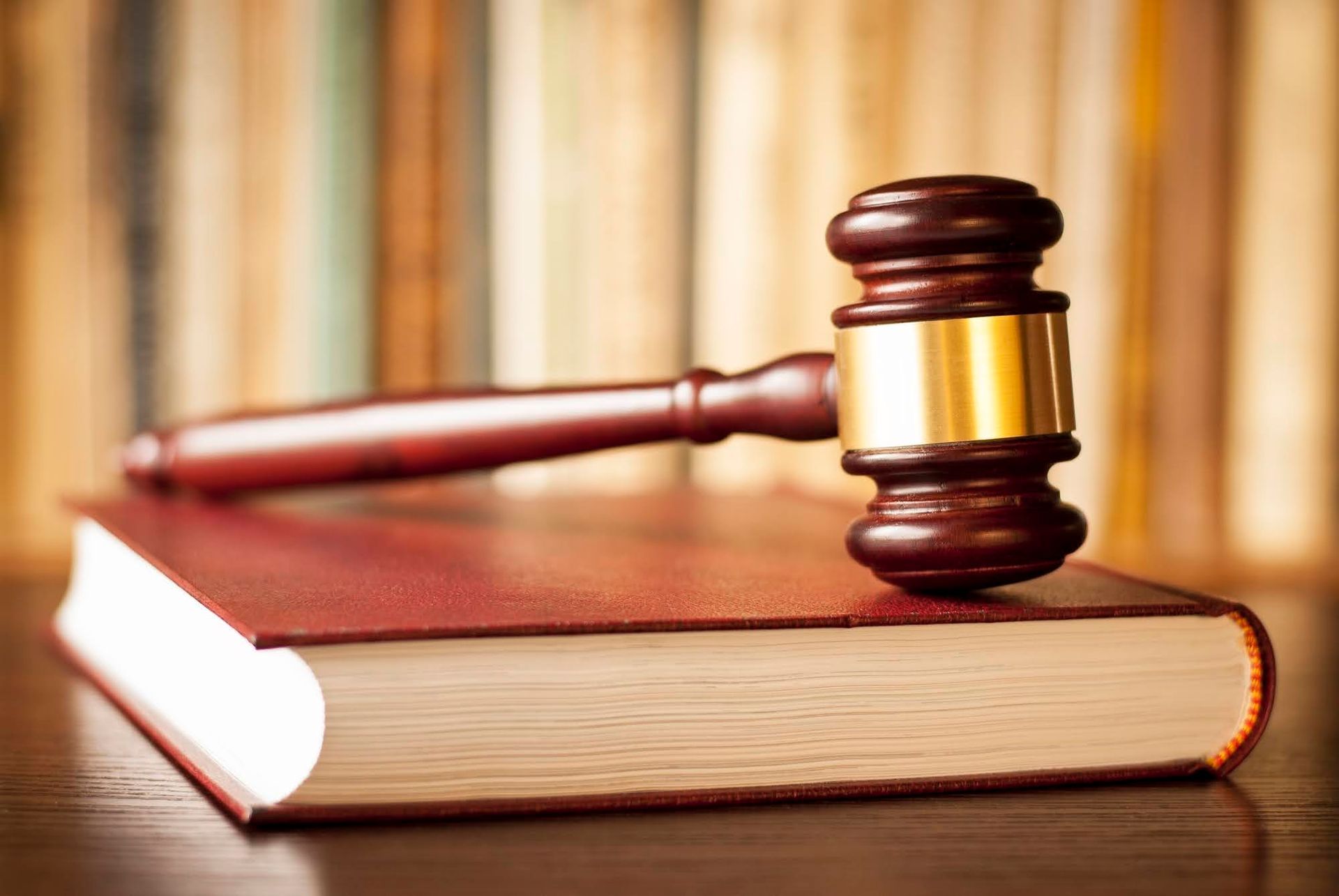Discovery and Motions During Your Personal Injury Case

In a personal injury lawsuit, the actual trial gets the most attention. But other processes that happen behind the scenes can be just as important. Some of the most valuable of these processes occur in the pre-trial period. These include pre-trial motions and discovery.
What are these? How do they help your case? What pitfalls exist? Here's a short guide to two main components of the pre-trial process so you can understand and protect your rights.
1. Discovery
Some of the lengthiest and most complex parts of the pre-trial work occur during discovery. Discovery is the mandatory exchange of information and evidence between the plaintiff and the defendant. Both sides may request a variety of specific items or statements, and the other side is required to produce them if there is no legal foundation to object.
Why does discovery exist? The purpose is to help ensure that cases are decided on their actual merits rather than any unfair advantage. Because both sides must, to some extent, show their cards to the other, no one can be surprised or blindsided. And no matter who is in control of vital evidence, no one can deny their opponent what they need to prove their case or defend themselves.
Discovery includes a wide array of information and access. Each party may generally send a list of questions that the other party must respond to under oath. They also may include a list of admissions, which are statements of fact to which the receiving party either admits or denies. Parties will also request certain documents from each other that may be used in the trial of the case. These narrow down the points of dispute. You may request access to locations or physical evidence that the other side has within their control.
Furthermore, you can depose witnesses who may have important information, asking them questions under oath. And in many cases, you or your opponent may request that the other party submit to an independent physical or mental examination if this is relevant to the matter.
While you must participate in discovery, neither side is obliged to fulfil the request for every single discovery item. You can object to questions, documents or admissions, for instance, if the request is vague or irrelevant to the matter at hand. The request could be unnecessarily broad or burdensome. Or it might try to force you to make some legal conclusion or violate your attorney-client privilege. Your attorney will decide which discovery requests need to be responded to and which are objectionable.
2. Motions
Civil cases are structured to provide a fair trial to both parties, so they are subject to state and federal rules and standards. Florida, for instance, follows a published set of Florida Rules of Court Procedure. While these state laws vary to some extent, they all largely follow the federal rules that have been in place for many years. Tested in actual courts, these rules are the lynchpins of fair civil trials.
Pre-trial motions, then, assess how the case is being handled from a legal standpoint. They address issues that may have arisen in comparison with procedural rules. These motions set the boundaries of the upcoming trial by clarifying things like what evidence can or cannot be introduced, whether any conflicts of interest exist, and if either side has failed to follow any part of the legal process up until this point.
Then, you or your opponent may request that the judge overseeing the trial take certain actions to ensure the rules are followed.
What kinds of motions are presented? Motions in limine argue that a certain piece of evidence or testimony is disqualified from being introduced during the trial. One side may argue that a change to a different venue is more conducive to a fair trial. And a party might ask the judge to weigh in on whether their opponent's case is frivolous or insufficient to warrant continuing to a trial. These are only a few examples, there are a myriad of pre-trial motions which can be made depending on the facts of your case.
Most pre-trial motions are made in the presence of both parties and their legal teams. This means your lawyer can raise your objections, respond to the other side's arguments, and make your case on that issue directly to the judge. While other motions are still made during the trial, these pre-trial requests set the stage for a fair proceeding and help you develop the strongest case from the beginning.
Where Can You Learn More?
Although few people who have not been part of a lawsuit are familiar with the intricacies of discovery and pre-trial motions, they are vital to winning your case. The best resource to discuss discovery and pre-trial motion practice is an experienced personal injury attorney in your state.
The attorneys of Jeeves Law Group, P.A. have decades of individual and combined experience in all matters regarding Florida personal injury litigation. We can help you find answers to your questions about the process, understand what the pre-trial period means for your specific case, and build the best chance possible. Call today or make an appointment to learn more.


